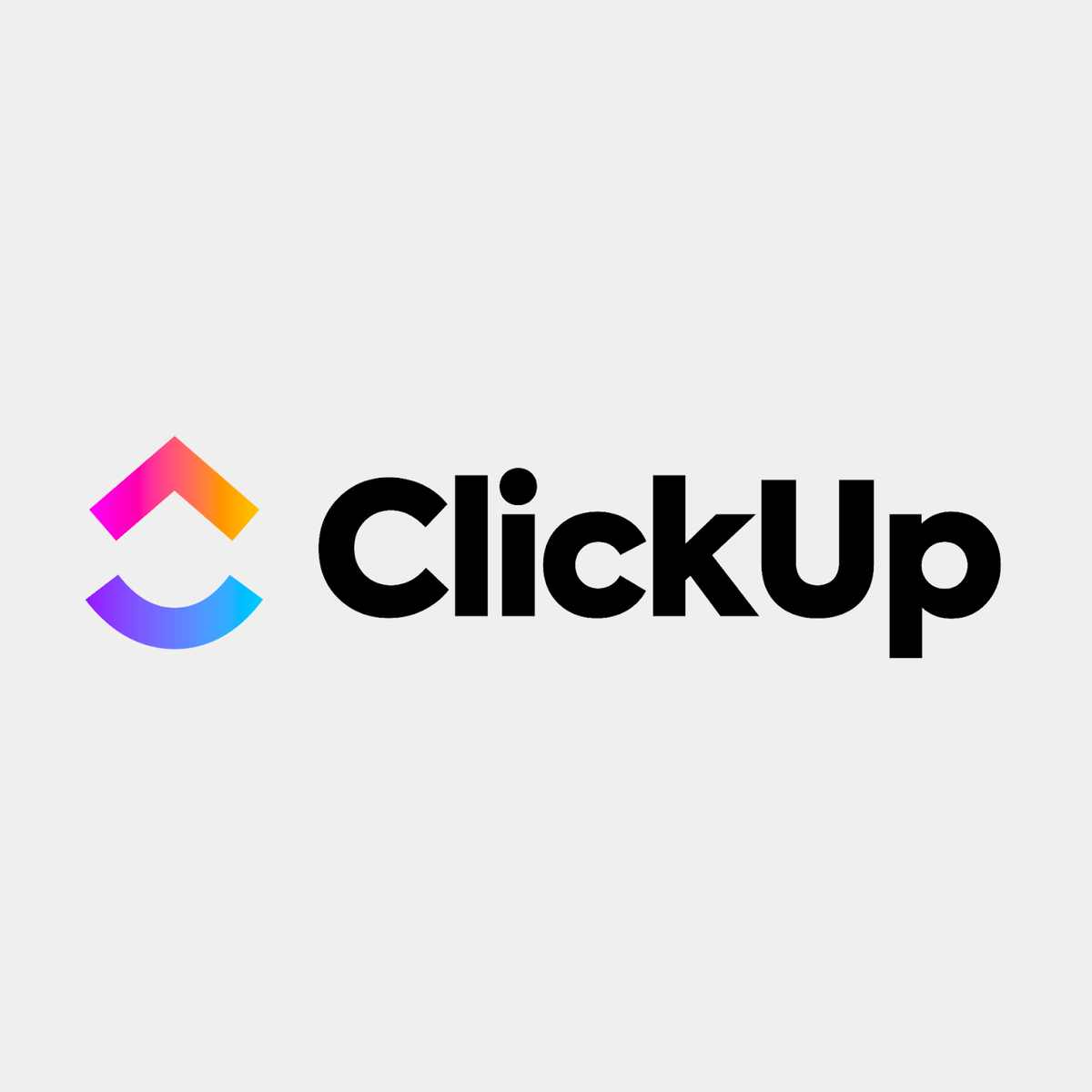ClickUp’s fast factsPricing: Paid plans start at $5 per user per month, billed annually. Key features:
Get started with ClickUp’s free plan, or take advantage of the 14-day trial for its paid plans. |
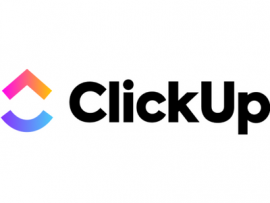
ClickUp is a project management software whose advanced features make it unique amongst its competitors. Its impressive free plan, the cost-effectiveness and flexibility of its premium plans and its high customizability make it all the more worthy of consideration. Further, ClickUp’s customized views and suitability for Agile management differentiate it from other alternatives.
If your organization either depends on Agile development or needs highly customizable views, then ClickUp may be the right option. However, we have highlighted a couple of alternatives should ClickUp not be a great fit.
SEE: See how ClickUp compares to our list of the best developer project management tools.
Jump to:
- Pricing
- Key features of ClickUp
- Pros and cons
- Who is ClickUp best for?
- Best ClickUp integrations
- If ClickUp isn’t ideal for you, check out these alternatives
- How we evaluated ClickUp
Pricing
ClickUp delivers one of the most impressive free plans for project management software. In addition to a free plan, ClickUp offers four premium plans: Unlimited, Business, Business Plus and Enterprise.
Free
The free plan has a variety of features that may satisfy the project management needs of individual users or small team leads. And unlike many of its alternatives, it does not provide a user limit. However, the free plan is limited in terms of storage, workflows, organization and integration.
Unlimited
The Unlimited plan costs $5 per user per month when billed annually, and $9 per user per month when billed monthly. This plan may provide the most value for small teams. But teams that require more security features may have to consider the Business plan at the very least.
Interestingly, ClickUp offers the unique opportunity for prospective users to “make a deal,” inviting them to suggest how much they are willing to pay per user per month. This opportunity is available only for the Unlimited plan.
Business and Business Plus
Targeting midsize teams, the Business plan costs $12 per user per month, billed annually, and $19 per user per month, billed monthly. Business Plus is billed at $19 per user per month, billed annually, and $29 per user per month, billed monthly.
The Business Plus plan was created with the management of multiple teams in mind. Its notable upgrades over the Business plan include more customization, security and support features.
Enterprise
ClickUp’s Enterprise plan targets many large teams; however, to obtain pricing information, you would have to reach out to their sales teams. For users who plan to use ClickUp over a lengthy period, then it becomes quite obvious that an annual subscription is preferable.
Key features of ClickUp
Agile project management features
ClickUp’s Agile project and product management features set it apart from its competitors, as these features enable teams to collaborate on sprints, roadmaps, backlogs and more. Users can automate their sprint workflows and streamline bug and issue tracking.
ClickUp delivers Agile Dashboards to ensure teams are aware of their progress through customizable dashboards and sprint widgets. Its views, including Kanban Board, Gantt and Box, are easily adaptable to Agile use cases.
ClickUp also offers an Agile project management template to sidestep the learning curve that beginners to this approach often encounter (Figure A).
Figure A
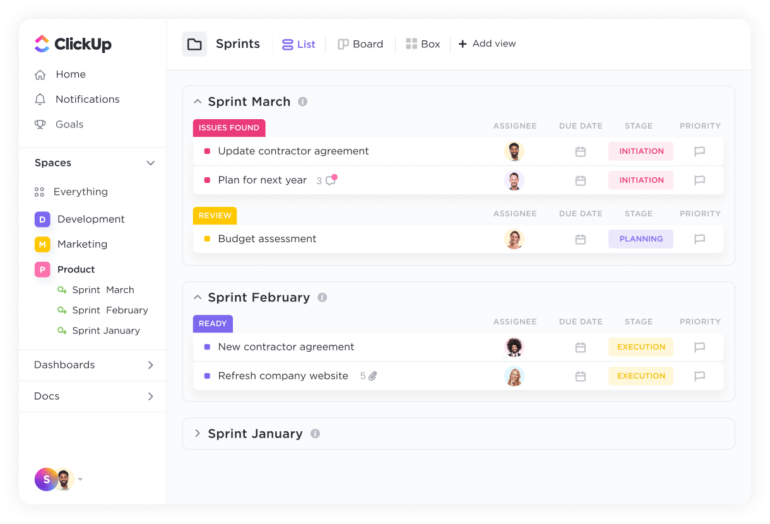
15+ views
ClickUp delivers more than 15 views for its users to tackle their work from their desired perspectives. These views include the list (Figure B), board, box, calendar, Gantt, embed, chat, activity, mind maps, timeline, workload, table, map and whiteboard views.
Figure B
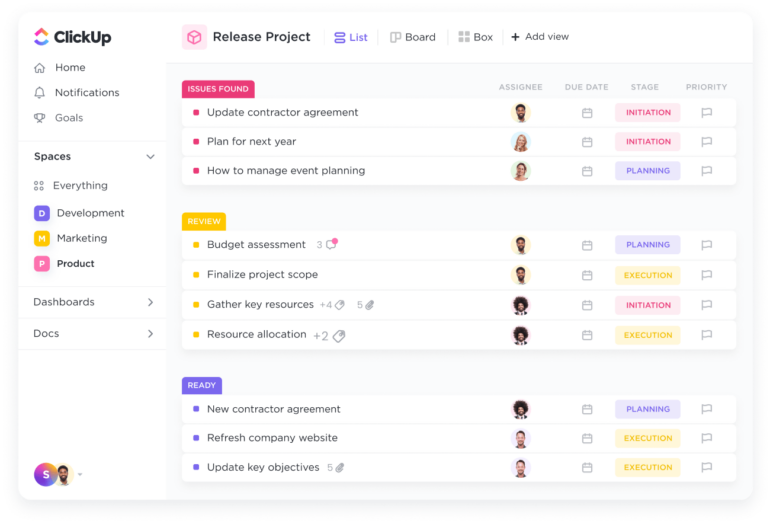
Customization without code or add-ons
The customization features of ClickUp require no use of code or add-ons, making their implementation intuitive for a variety of users. ClickUp shows its customization capabilities through Automations. The tool offers automation recipes that users can customize or utilize in the form of prebuilt recipes.
ClickUp also offers hundreds of templates for users to customize and empowers users to customize the relationships between tasks, documents and more while being integrable with over 1,000 tools.
Collaboration
Through a variety of collaboration features, such as its chat feature, ClickUp makes it simple for teams to collaborate on any kind of project. Its whiteboards provide a real-time visual canvas for teams to collaborate on workflows and ideas and convert them into trackable tasks.
Additionally, teams can not only send and respond to comments on any task within ClickUp but also proof and annotate all of their designs. Users can also communicate in real time using Chat or send and receive emails directly within ClickUp (Figure C).
Figure C
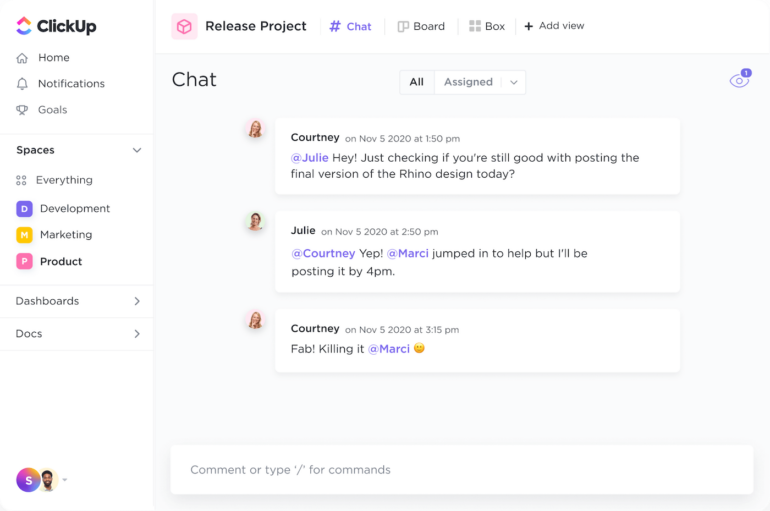
Real-time reporting
With ClickUp’s real-time reporting features, you can set goals, keep track of progress and increase the effectiveness of your resource management. The Dashboards feature helps users bring crucial project indicators into one place and enables them to add visual widgets for tasks, time tracking, sprints and more (Figure D).
Figure D
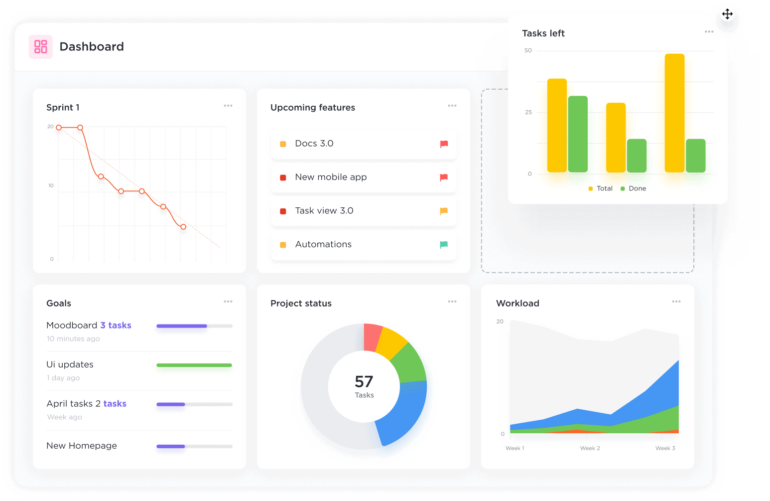
The Workload and Box views provide the ability to visualize a team’s day-to-day work capacity while the Goals feature presents the tools to measure project goals. Users can also set milestones to show when a key project phase is complete. Further, the Pulse feature enables users to view automatic activity reports powered by machine learning to deliver insights on how time is being used.
Pros and cons
| Pros | Cons |
|---|---|
|
|
Who is ClickUp best for?
ClickUp is an excellent project management solution for organizations that require a highly customizable and feature-rich platform. Its diverse range of features and views make it well-suited for businesses of various sizes and industries, and its strong Agile capabilities make it ideal for teams following Agile methodologies.
ClickUp is a great choice for:
- Users seeking customization and versatility: ClickUp’s highly customizable interface, views and automation options make it a perfect choice for organizations that want a project management tool tailored to their unique workflows and requirements.
- Teams using Agile methodologies: ClickUp’s Agile project management features, including dashboards, templates and sprint tools, make it ideal for teams practicing Agile development processes.
- Organizations that require fairly advanced reporting and analytics: ClickUp’s real-time reporting, Dashboards and Workload views provide valuable insights into project progress, team capacity and goal tracking, helping organizations make data-driven decisions.
- Businesses seeking seamless integrations: ClickUp offers over 50 native integrations and compatibility with more than 1,000 tools, allowing users to keep all of their work in one place and maintain efficient workflows.
- Teams of all sizes: ClickUp’s scalability ensures it is suitable for small teams, startups and large organizations. Its competitive pricing, especially with the free plan and Unlimited plan, helps businesses remain cost-effective as they grow.
However, organizations that prefer a more straightforward interface or have a smaller team with less need for customization might want to explore alternative project management solutions. If you’re not sure that ClickUp is right for you but appreciate its functionality, you can check out these other top project management software options highlighted later on in this article.
Best ClickUp integrations
ClickUp’s seamless integrations with various popular tools and apps enable users to create efficient and centralized workflows, boosting productivity and enhancing collaboration. Here are some of the top ClickUp integrations and why teams typically integrate these products:
- Google Workspace: Teams integrate Google Workspace with ClickUp to manage tasks, documents and communication using Google Drive, Docs, Sheets, Calendar and Gmail, all within the ClickUp platform.
- Slack: By integrating Slack, teams can stay connected and collaborate effectively within ClickUp, sending notifications, creating tasks and discussing project updates without switching between apps.
- GitHub: Development teams often integrate GitHub with ClickUp for streamlined code management, issue tracking and linking tasks to repositories, branches, or commits.
- Zoom: The Zoom integration enables users to schedule, join, or share Zoom meetings directly within ClickUp, simplifying remote team collaboration and communication.
- Salesforce: By integrating Salesforce, sales teams can manage leads, opportunities and customer data directly within ClickUp, streamlining their sales process and increasing efficiency.
- Figma: Design teams can view, share and discuss design projects within ClickUp, promoting efficient collaboration and faster design iterations.
Intercom: Enables support teams to track customer inquiries, manage conversations and create tasks for efficient customer support.
If ClickUp isn’t ideal for you, check out these alternatives
While ClickUp offers an impressive suite of features and customization, it might not be the perfect fit for all teams. Some organizations may find the learning curve too steep or require more specialized tools tailored to their specific industry or use case.
In these situations, exploring alternative project management solutions could be beneficial. The chart below compares ClickUp with a few notable alternatives.
| Software | ClickUp | monday work management | Trello | Jira |
|---|---|---|---|---|
| Task management | Yes | Yes | Yes | Yes |
| Time tracking | Yes | Yes | No | Limited |
| Collaboration and communication | Yes | Yes | Yes | Yes |
| File sharing and storage | Yes | Yes | Yes | Yes |
| Customizable workflows | Highly customizable | Yes | Yes | Highly customizable |
| Free plan | Yes | Yes | Yes | Yes |
| Starting price for paid plans, per month | $5 per user, billed annually | $8 per user, billed annually | $5 per user, billed annually | $7.75 per user, billed monthly |
monday work management
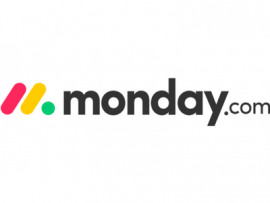
monday work management is a project management tool that delivers an all-in-one management solution for teams. Its strengths lie in its versatility, flexibility and highly visual nature.
Teams might choose monday work management over ClickUp due to its intuitive interface, which simplifies the process of managing projects and workflows, especially for non-technical users.
For a closer look, check out our in-depth comparison of ClickUp and monday work management.
Trello
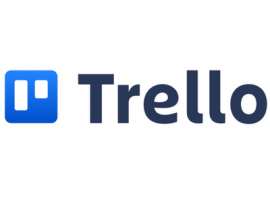
Perhaps you seek a project management tool that is easy-to-use and user-friendly but also powerful. Trello fits this criterion, with its kanban boards being arguably the best among its competitors. Trello further excels as a kanban board tool through its built-in automation features.
For teams that prioritize simplicity and ease of use over advanced customization, Trello can be a better choice than ClickUp.
For a closer look check out our in-depth comparison of ClickUp and Trello.
Jira
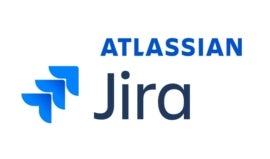
Jira is a project management tool specifically designed for software development teams, offering robust Agile project management, issue tracking and customizable workflows.
Organizations focused on software development and seeking a specialized project management tool tailored to their needs might prefer Jira over ClickUp.
For a closer look, check out our in-depth comparison of ClickUp and Jira.
How we evaluated ClickUp
We reviewed this project management solution by examining official product documentation, vendor blogs, customer reviews and software review sites such as G2 and Gartner Peer Insights. Additionally, to get a feel of the usability, UI and basic functionality, I signed up for the free version of ClickUp.
